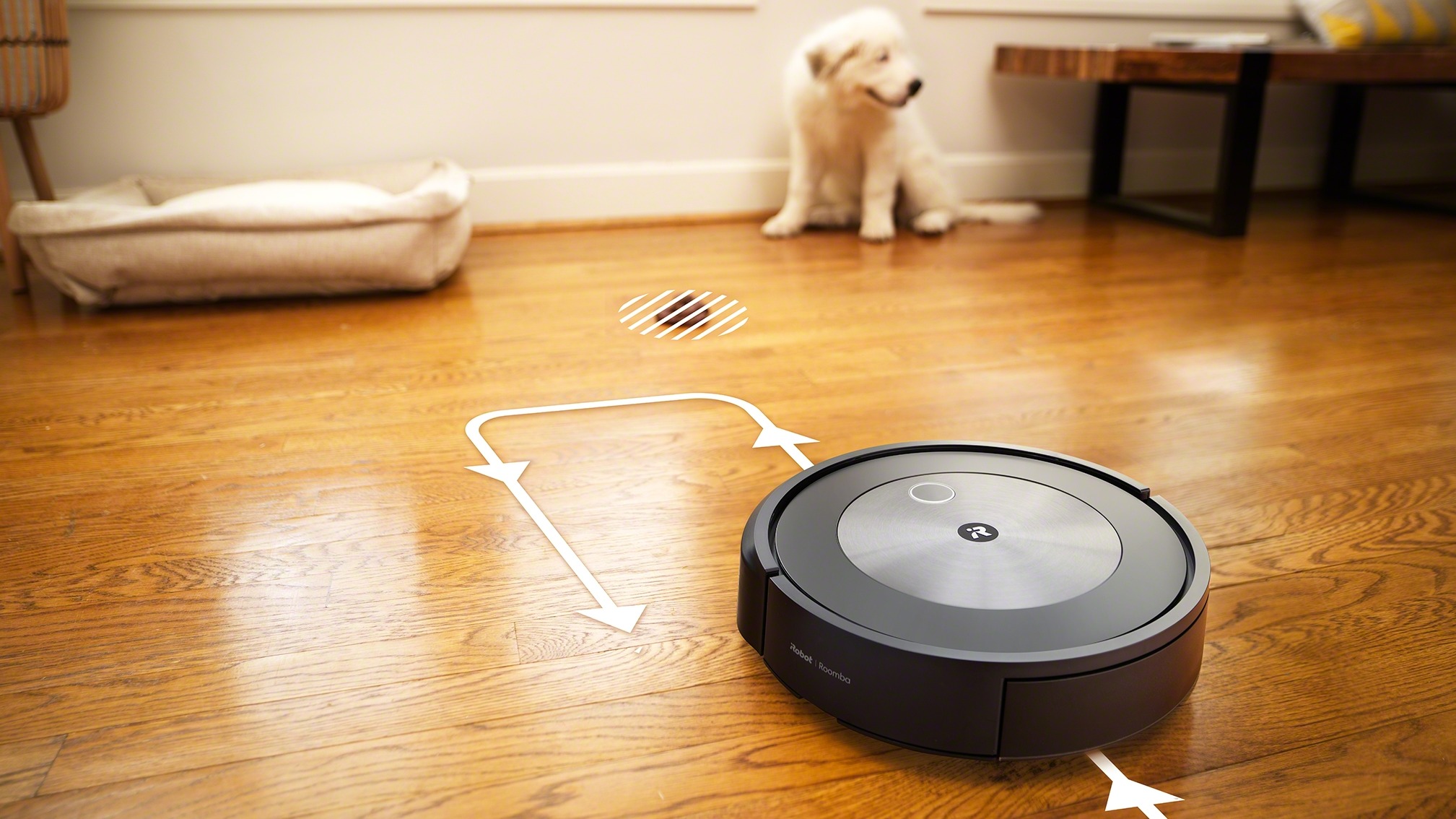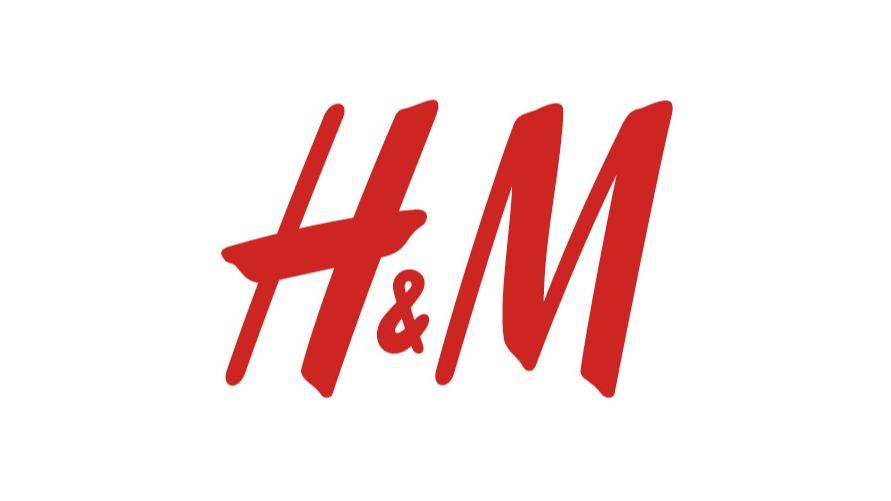Grocery price inflation is falling at a slower pace than expected as post-Christmas promotions wind down, according to new research.
A study by data and analytics firm Kantar found that grocery price inflation fell only marginally from 6.9 per cent in December to 6.8 per cent in this month.
Items purchased on offer accounted for 27 per cent of all grocery spending in January compared with 32 per cent in December.
Almost £500 million more was spent on offers in January 2024 compared with the same four-week period of last year.
“With inflation remaining stubbornly high, Britons are changing their behaviour to better manage their costs,” said Fraser McKevitt, head of retail and consumer insight at Kantar. ”There’s evidence to suggest that people are opting for more homemade meals to keep budgets in line - 86 million more lunchboxes were brought to work last year, for example.”
The research found that while consumers spent less on alcohol during ‘Dry January’ and more on plant-based products for ‘Veganuary’, the spike in health-related categories during the month was less pronounced than in previous years. For example, sales of plant based products fell to nine per cent this year, compared with 11 per cent in 2020.
Kantar said that these figures reflect the fact that Brits are now buying these ‘health-kick’ products throughout the year.
During the 12 weeks to 21 January, both Sainsbury’s and Tesco gained market share.
Sainsbury’s increased sales by 8.1 per cent, taking around 16 per cent of market share. Tesco grew by 6.3 per cent and now has a market share of 27.6 per cent.
Latest News
-
Tesco makes ‘significant strides’ on safety through body worn cameras
-
Flying Tiger Copenhagen appoints new group chief executive
-
Walgreens cuts over 600 jobs after buyout
-
Mango opens first store in Limerick as part of expansion plan
-
eBay and Etsy to buy Depop for $1.2bn
-
REWE opens automated fresh food facility to serve Berlin outlets
Beyond Channels: Redefining retail with Unified Commerce
This Retail Systems fireside chat with Nikki Baird, Vice President, Strategy & Product at Aptos will explore how unified commerce strategies enable retailers to tear down these barriers and unlock new levels of operational agility and customer satisfaction.
The future of self-checkout: Building a system that works for consumers and retailers
In this webinar, industry leaders discussed what the future of self-checkout looks like and how retailers can make the technology work for everyone.
© 2024 Perspective Publishing Privacy & Cookies









Recent Stories